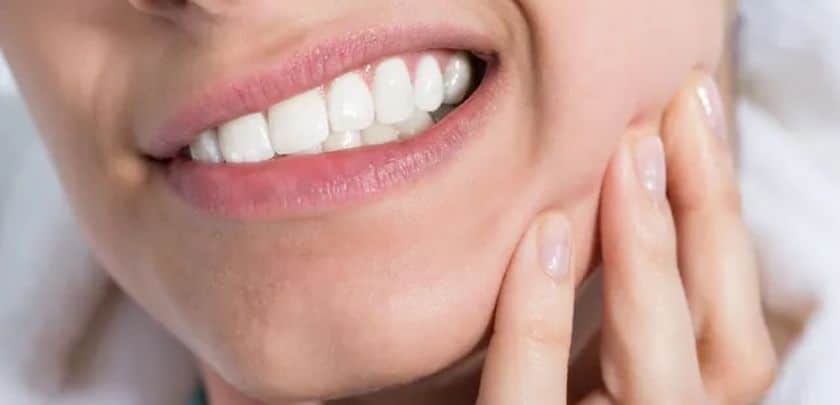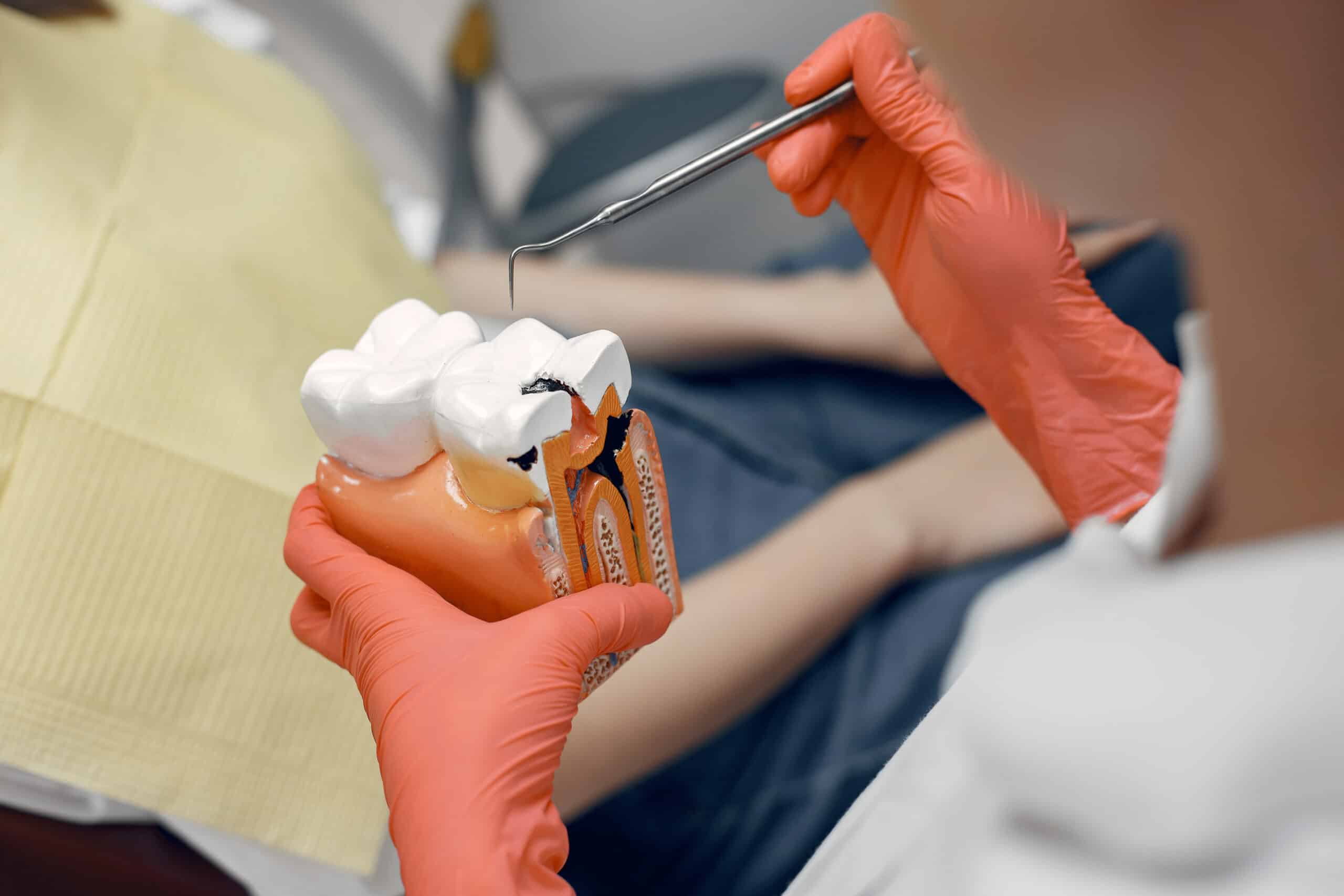Pearl Dental Blog

How Many Root Canals Can You Have?
Are you one of the many people who have had to undergo a root canal procedure and are now wondering if you can have multiple ones? Or maybe you’re just curious about how many root canals a person can actually have. Well, we’ve got good news for you! In this blog post, we’ll explore the answer to that very question and provide insights on what factors may impact your ability to undergo multiple root canal treatments. So grab a seat and get ready to learn more about this common dental procedure!
What Is A Root Canal?
- A root canal is a dental procedure that involves removing the damaged or infected pulp from inside the tooth. The pulp is the soft tissue that contains the nerves and blood vessels. Once the pulp is removed, the tooth is cleaned and sealed. This helps to prevent further damage to the tooth and keep it healthy.
- Most people only need one root canal, but there are some cases where more than one may be necessary. This can happen if the initial procedure was not successful in removing all of the damaged tissue, or if new damage occurs. In some cases, multiple root canals may be needed to save a tooth that is severely damaged.
- If you think you may need a root canal, it is important to see your dentist right away. They will be able to evaluate your situation and determine if this procedure is right for you.
Source – See3 Communications
When Does A Tooth Require A Root Canal?
If you have a tooth that is severely decayed or becomes infected, you may need a root canal. This procedure involves removing the damaged or infected tissue from inside the tooth, as well as the nerve endings. A root canal is usually only necessary if the damage to the tooth is extensive. This particular dental procedure involves the removal of any damaged or infected tissue that may be present within the tooth, as well as the nerve endings that may be causing discomfort or pain.
It is important to note that a root canal is typically only recommended in cases where the damage to the tooth is quite extensive and cannot be remedied through other means. Therefore, if you are experiencing any discomfort or pain in your teeth, it is important to seek the advice of a dental professional as soon as possible in order to determine the best course of action for your specific situation.
How Many Root Canals Can You Have?
In general, you can have as many root canals as you need. However, there are some factors that may limit the number of root canals you can have, such as the number of teeth you have and the condition of your jawbone. If you have a lot of teeth or your jawbone is in poor condition, you may not be able to have more than one or two root canals.
Can Root Canal Treatment Be Repeated?
If your tooth becomes reinfected after a root canal, you may need to have the procedure repeated. This is not common, but it can happen if the original infection was not completely eradicated or if the tooth becomes damaged or decayed later on. If you do need to have a second root canal, the procedure will be the same as the first.
In conclusion, root canals are a necessary procedure for dealing with damaged teeth. Even though the process may be painful and costly, it is important to remember that it is designed to help protect your oral health in the long run. While there technically isn’t a limit on how many root canals you can have, if you take care of your teeth by brushing and flossing daily, eating nutritious foods, and visiting the dentist regularly for checkups, you should be able to avoid them entirely.




